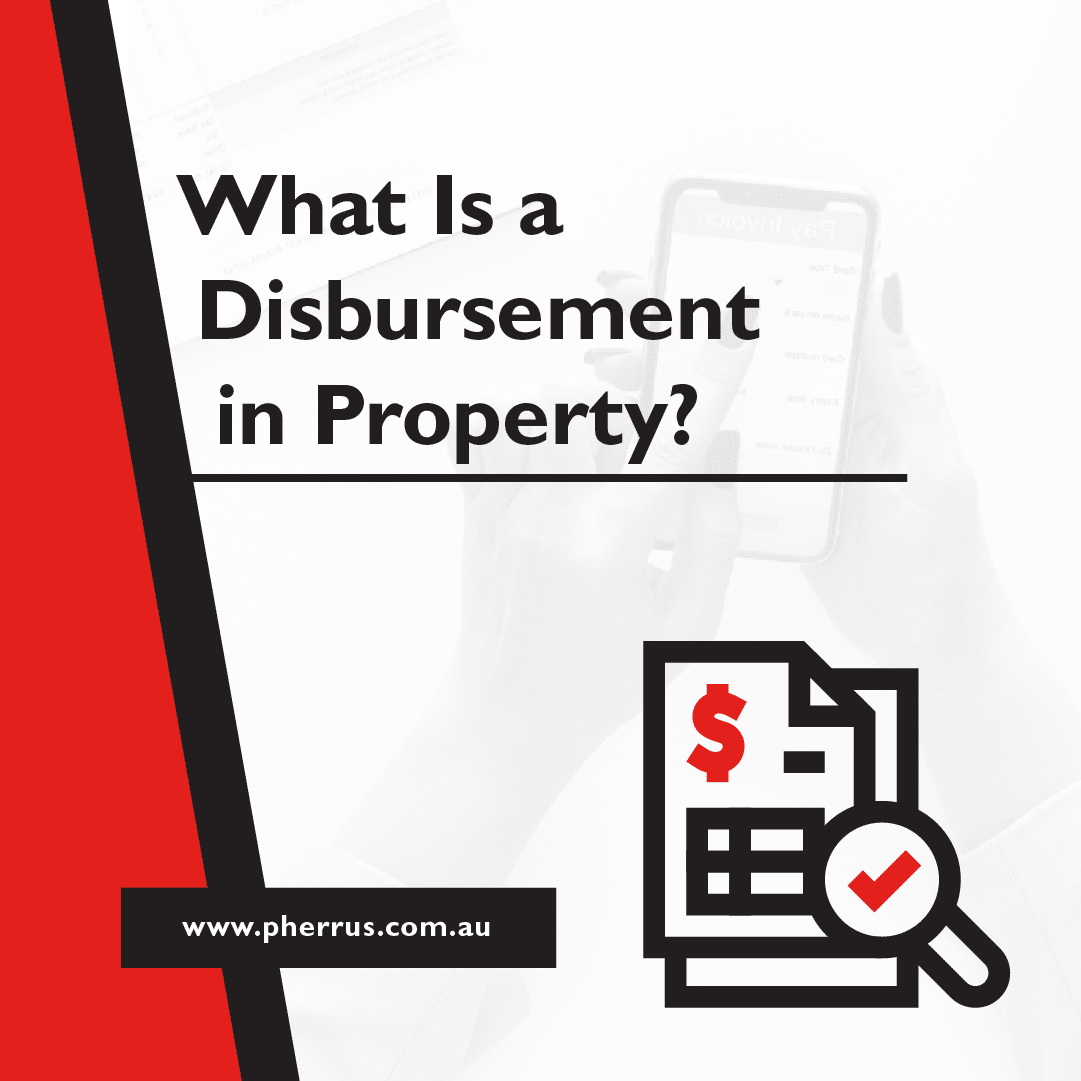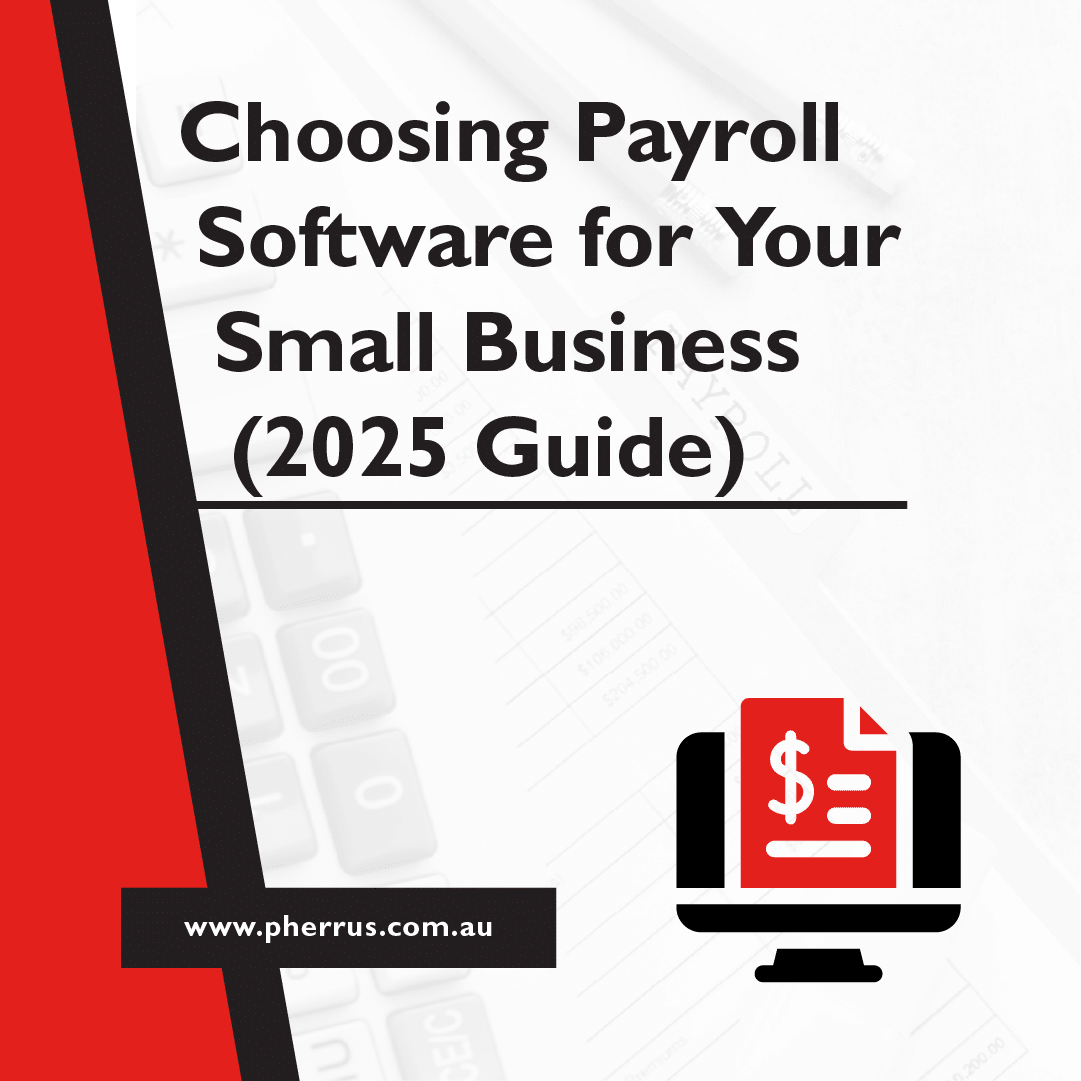What is industry funding?
Industry funding was a key recommendation from the 2014 Murray Financial System Inquiry. Developed through a high level of engagement from various industry sectors and government consultation, the new industry funding legislation was passed on 15 June 2017, finalised on 27 June 2017, and took effect on 1 July of the same year.
Under the new regime, ASIC will recover the costs it uses to regulate industries from the industries themselves.
What kinds of regulatory activities will industries fund?
The majority of ASIC’s regulatory expenses will be recovered under the new Industry Funding regime. Regulatory activities include things like education, guidance, enforcement, stakeholder engagement, policy advice, and more.
You can read more about the regulatory activities covered under the regime here.
How is funding allocated among regulatory activities?
In August 2018, ASIC updated its Corporate Plan outlining its strategic priorities and focus areas for the next four years. According to the plan, ASIC is working toward the following key goals :
- To promote consumer and investor trust
- To provide easy and accessible registration
- To ensure efficient and transparent markets
Funding collected under the industry funding regime will be allocated in accordance with these goals.
How much will industries pay and when are payments due?
Every year, the Government will send out a publication outlining ASIC’s regulatory costs for the previous financial year. This statement will include how the costs were allocated. The levies payable by each industry sector will also be summarised in this document. You can find the levies payable for the 2017-18 financial year here.
Invoices to recover these costs are issued in January. Payments are due in March.
How do I pay my invoice?
You have three options when paying your invoice :
- BPAY. Use the details outlined on your invoice to pay via BPAY.
- Electronic Funds Transfer. Use the details outlined on your invoice to transfer your funds directly from your financial institution to ASIC.
- Credit card. This option is only available if you were issued your invoice online. Login to the ASIC Regulatory Portal to view your invoice and make a payment online with your credit card.
As a regulated entity, do I have new obligations?
If your organisation is regulated, you must complete the following obligations under the new regime :
- Register your contact details on the ASIC Regulatory Portal
- Maintain contact details on the ASIC Regulatory Portal
- Submit business activity metrics on the ASIC Regulatory Portal between July and September of each year
What happens if I don’t pay my invoice?
If you fail to pay your invoice before the due date, ASIC will issue penalties charged once per month every month after the payment deadline. Late payment penalties are calculated as 20 per cent of the overdue amount.
If you continue to refuse to pay your levy and late payment penalties, ASIC may deny your entity registration.
Can I get a levy or late payment penalty waiver?
Yes, you can apply for a levy or late payment penalty waiver. However, it will only be approved in exceptional circumstances that lay outside of the control of you and all representatives of your organisation.




